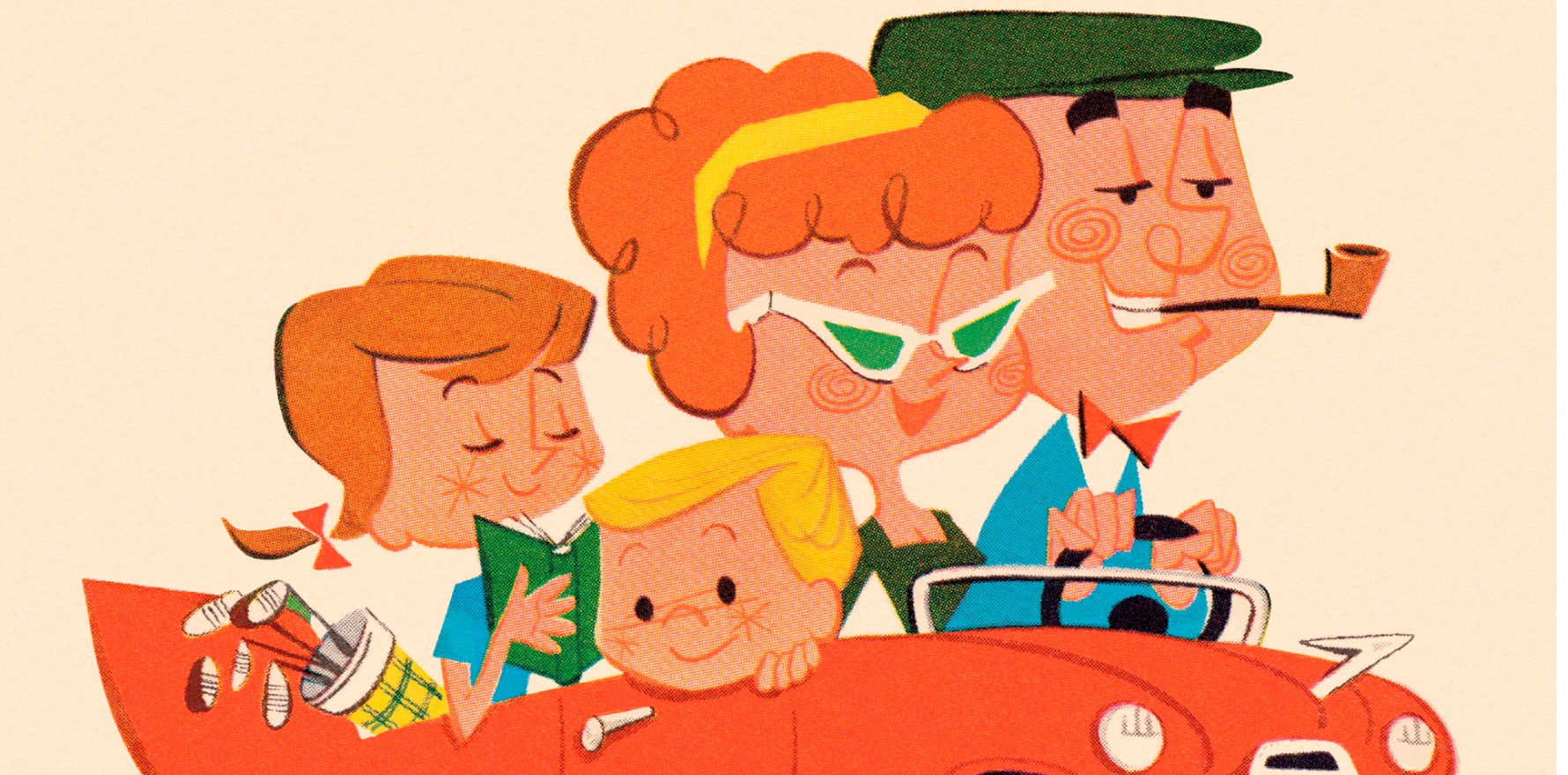When GPs talk about professional satisfaction the conversation usually revolves around relationships.
Evidence has accumulated over the last three decades as to how families, children and young people flourish – or not. We need a marriage between this evidence and clinical practice/community culture.
And so, in the time-honoured way when it comes to planning marriages, here is something old, something new, something borrowed and something blue.
SOMETHING OLD
Adverse child experiences.
The Adverse Child Experience (ACE) study is now 26 years old.
Why is the ACE study important?
To choose but one reason, the study suggests that reducing adverse experiences in the first 18 years of life can simultaneously reduce the population attributable risk of:
- dissatisfaction with life as an adult (by 67.2%)
- hopelessness as an adult (42.5%)
- separation/divorce (32.9%)
- cancer (24.3%)
- anxiety (55.7%)
- cardiovascular disease (25.5%)
- heavy drinking of alcohol (21.3%)
So, effective preventative activity needs to start with ACE reduction.
SOMETHING NEW
Positive Child Experiences (PCEs)
New research by Christina Bethell and colleagues demonstrates that PCEs correlate with improved adult wellbeing (flourishing) even in a population with high ACE scores.
In their work the PCE score consists of the following elements. (there are, of course, many other PCEs). ‘As a child I …’
- was able to talk to family about feelings
- had a family stand by me in difficult times
- enjoyed participation in community traditions
- felt a sense of belonging in high school
- felt supported by friends
- had at least two non-parent adults interested in me
- felt safe and protected by an adult at home
PCEs, like ACEs, are cumulative and have a step-like correlation with good outcomes. For example, three to five PCEs versus zero to two PCEs resulted in 50% less adult depression; having six to seven PCEs versus zero to two PCEs resulted in 72% less depression in adult life.
Dr Bethell writes: “Through the COVID-19 threat, we have a chance to turn this potential adverse childhood experience (ACE) into a positive childhood experience (PCE). I have convinced myself that, yes, as we shelter-in-place we have a chance to heal-in-place too. … feeling safe in our families to talk about emotions and things that are hard and feeling supported during hard times is what most defines a positive childhood experience (PCE).
“And such experiences during difficulty — like the COVID-19 threat — have lasting positive effects into adulthood. Notice that I said ‘feeling safe and supported’. This means it does not count if you think a child ‘should’ feel this way. It only counts if they do. When it comes to reaping the benefits of PCEs, feelings are the currency that turns on our body’s and brain’s healing responses.”
SOMETHING BORROWED
This science of human flourishing is relatively new. However the concept is at least 3000 years old.
Consider the writings of those who turned their mind to the essence of a “good life”. (e.g., Aristotle’s “Eudaemonia”; and Socrates’ “The unexamined life is not worth living,” et cetera).
SOMETHING BLUE
The acronym for the adult wellbeing score used by these researchers is “ARSES” (Adult Reported Social and Emotional Support).
On being asked how this acronym got past the JAMA editors and peer reviewers, Dr Bethell reported that the journal chose it from options. Unlikely to happen in a journal published in the UK or Australia! (That Americans use a different spelling or have no time for “toilet humour” may explain the fact that they accepted “ARSES”).
CONCLUSIONS
Not everyone needs a GP. Those who do, find healing in the context of a safe, sustained, nurturing relationship.
When GPs talk about their professional satisfaction the conversation usually revolves around relationships.
As briefly explored here, children whose “mind-brain-body” develops in safe, sustained, nurturing relationships have a “mind-brain-body” that grows, develops and remembers (consciously or not) quite differently from children who miss out on them.
If parents are to experience safe, sustained, nurturing relationships with their children then they too must be supported by safe, sustained, nurturing relationships.
Clinicians who experience safe, sustained, nurturing relationships with their patients also need these relationships in their life beyond the consulting room.
“So ordinary it can be taken for granted,” writes Dr Bethell.
So here we are. The marriage between the science of ACEs/PCEs and clinical practice/community culture is to be found in safe, sustained, nurturing relationships.
#WeAreTheMedicine
Dr Michael Fasher is Adjunct Associate Professor at the University of Sydney and Conjoint Associate Professor at Western Sydney University
References:
Dr Samantha Kaiser is a developmental/behavioural paediatrician currently working in Mandurah, WA.
Recommended:
Back on Track. Bernie Shakeshaft with James Knight. Hachette Australia 2019.
A fabulous Aussie story of young people with developmental trauma restored to flourishing through safe, sustained, nurturing relationships in a non-clinical environment.


